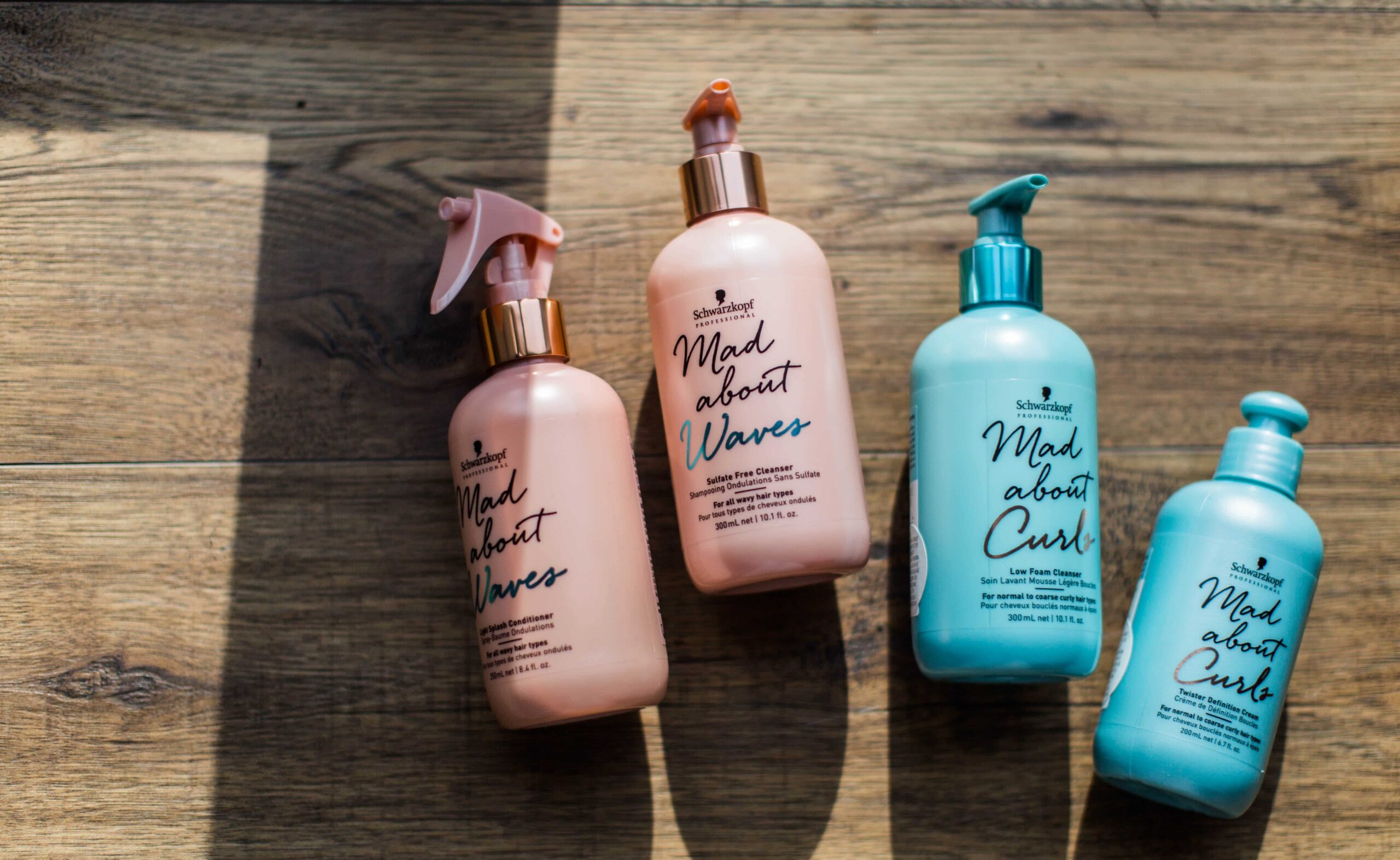Without a clearly defined brand, it’s nearly impossible to make design choices that communicate in the way you want them to. And if you want a brand that conveys your values, story, and unique way of serving your customers, it’s essential to ask yourself the right questions.
Here are some of the best questions to ask to get clarity about your brand so that you or your designer can make choices about your fonts, colors, images, etc. that speak to your target audience, and that are aligned with who you are and how you want to represent yourself to the world.
Who is your target audience?
Why this question matters:
This is one of the most important questions to ask to define your brand. While you want your brand to represent you and your values, it’s equally important that your brand speak directly to your target audience. Your brand doesn’t live in isolation — it is built to sell something to a specific group of people. The more you can tailor your brand to your target audience, the more customers will be attracted to your offerings.
How to answer it:
This question is complex, and there are many ways to answer it. Here are a few:
- Look at the demographics and psychographics of your target audience. Demographics are things like age, income level, education level, etc. Psychographics include things like their values, hobbies, and habits. Demographics describe who your ideal customers are, while psychographics help you understand what they’re thinking and why they make buying decisions.
- Identify current customers that are part of your target audience. Do you already have customers that are a part of your ideal audience? Use them as examples for defining your audience as a whole. You might even want to interview or survey them to learn more about them.
- Create an ideal customer avatar or persona. Using the information from #1 and #2, create a portrait of one person who could be a target audience member. Give them a name, a gender, and an age. Use Google Images to find a picture for your avatar. Make a backstory for them. Why are they a perfect fit for your products or services? What are their struggles? What do they wake up thinking about every morning? The more you flesh them out, the better.
What is the story behind why you started this business/product?
Why this question matters:
The story you tell about your business or product isn’t just about you — it also lets your customers tell themselves a story about who they are. They can think, I’m supporting [your business] because I want to support [the ideas and values conveyed by your story]. Your story also helps humanize your brand.
How to answer it:
Think back to the moment you decided to start your business and to the events leading up to it. What inspired you to create it? Were you frustrated with the offerings already available? Did you feel like you could do better? Maybe you wanted to solve a problem for yourself and you couldn’t find an existing solution.
Write down as much as you can about your story, and then go to a friend or someone close to you and share it with them. Have them ask you questions that will help you expand on your story.
What do you value?
Why this question matters:
People like to buy from businesses whose values they share. When you’re clear on your values, you’ll be able to attract people who believe in the same things you do. You can also create more momentum around your brand as customers are drawn to your ideals as much as they’re attracted to your services or products.
How to answer it:
Check out this list of core values from James Clear.
As you read through it, jot down the values that feel the most important to you.
Then go back through and narrow it down. Your business should stand for around 3-5 values at the most. More than that, and your brand will lose some of its strength and clarity.
For each value, ask yourself, Is this really one of the most important values to me? Why is this so important? What does my business do that embodies this value?
What makes your business or product unique?
Why this question matters:
No matter what you do, you probably have plenty of competitors. If you know what makes your business or product unique, you’ll be able to articulate why a customer should buy from you instead of the myriad of other options out there.
How to answer it:
Take a look at some of your competitors. For each of their businesses, ask yourself, What do I do that they don’t provide? How is my product or service different from theirs?
If you’re a service provider, look at your process and analyze what makes it special. How do you approach your work in a unique way?
If you are a product creator, what makes your products unique? Do they have any special features that you can highlight?
What is the mood or personality of your brand?
Why this question matters:
In Hey Whipple Squeeze This, Luke Sullivan wrote, “People don’t have time to figure out what your brand stands for. It is up to you to make your brand stand for something. The way to do it is to make your brand stand for one thing. Brand = adjective.”
Put another way, your brand should have a distinctive personality. Just like you can immediately recognize a close friend, your customers should be able to immediately recognize your brand because it has a such a distinctive personality.
How to answer it:
If it helps, look at some brands you love, and think about their dominant personality or mood. Watch their commercials and pay attention to how they make you feel. For example, this Subaru commercial feels nostalgic and family-oriented. In contrast, this Mercedes commercial feels cutting-edge and modern.
You can also look at brands’ taglines to determine their dominant mood. Subaru’s tagline is “Love. It’s what makes a Subaru a Subaru.” It conveys that same family-oriented, emotional mood. On the other hand, Mercedes’ tagline is ‘The best or nothing.” It fits with the mood of the commercial, which shows a Mercedes as fast, high tech, and superior quality.
With those examples in mind, think about how you want to come across to your target audience. Then ask yourself this: How do you want people to feel when they interact with your brand?
Do you feel clearer about your brand now?
Answering these questions will help you define your brand so that you can reach more of your ideal audience with intentional design choices. Of course, there are many other questions that will help you get even more clarity about your brand. If you’re interested in working with a visionary branding agency to create an unforgettable brand for your business, let’s talk.



